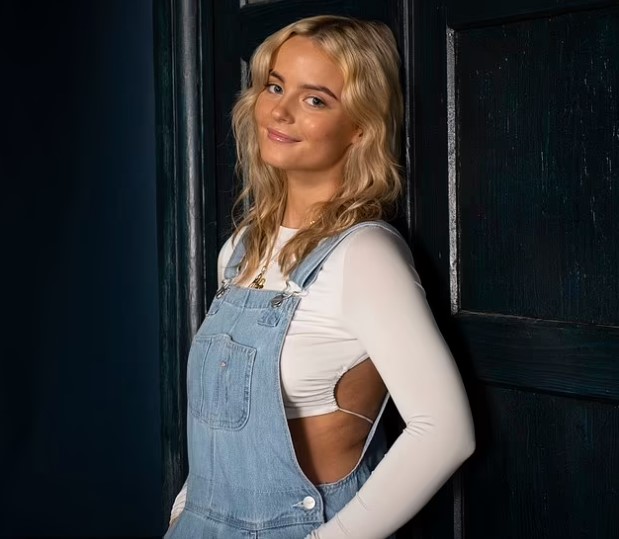
The BBC’s new series, and semi-reboot, of Doctor Who was trumpeted as a new era for the show. Alongside a brand new Doctor and companion, well-regarded former showrunner Russell T. Davies was returning. There was also a big injection of co-production money thanks to a deal with Disney.
Then, predictably, things started to go wrong. The build-up to the show started to become dominated by the usual culture war noise. When Davies reimagined long-time villain Davros simply because he felt having a villain in a wheelchair was saying something negative about disabled people, you could already see the direction of travel.
This was followed up by a transexual character delivering anti-male lines in an anniversary special.
Very quickly the conversations all started to be completely focussed on the new lead actor Ncuti Gatwa and his race and sexuality. A big deal was made over the casting of 2013 RuPaul’s Drag Race winner Jinkx Monsoon as a new villain. At every turn, virtue was signaled rather than any focus on quality.
When long-time fans of the show questioned why all this was seemingly now central to what is, at the end of the day, family viewing, the creatives pushed back in the now standard way, by attacking their own audience. Davies dismissed complaints as bigoted, and Gatwa publically told anyone who didn’t like it:
“Don’t Watch. Turn Off The TV.”
So, it appears, they did. Doctor Who received close to its lowest overnight viewership ratings ever for the debut episode, and the next two episodes were even lower.
Yet another culture war case study proving the old adage of “Get woke, go broke”? Well, tempting as it may be to decide that the audience has spoken (and many of the usual online commentators are) before we all point and laugh heartily at yet another entertainment institution collapsing in on itself for not listening to its audience, there is a different angle to consider here.
This time around, for the first time ever, the show is released on Disney+ worldwide, and, in the UK, new episodes are released at midnight via the BBC iPlayer. The show is available to be viewed at any time, on different devices, many hours before the traditional Saturday tea-time viewing slot on BBC One.
Potentially, huge swathes of the audience, particularly the most committed fans, could have already viewed the shows many times over before the normos tuned in from their couch that evening.
Until, or unless, the BBC iPlayer and Disney+ share their viewing figures for Doctor Who then it is unlikely we will ever really know if this particular culture war flashpoint has had any discernible effect.
Check back every day for movie news and reviews at the Last Movie Outpost
The post Is DOCTOR WHO Collapsing? appeared first on Last Movie Outpost.








